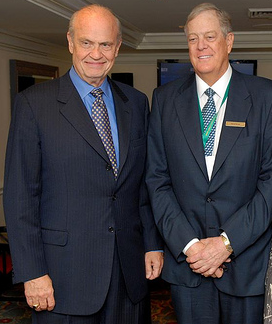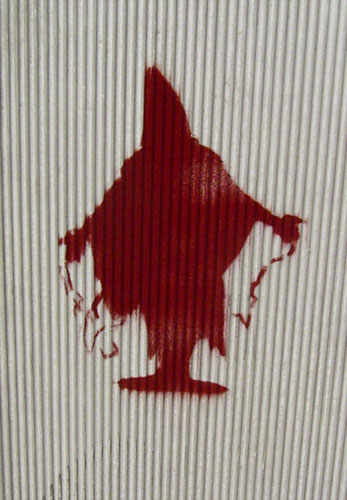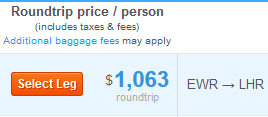
Since 2012, I’ve enjoyed being able to look up airfares online and know right away what a given flight would cost–fare, taxes, and mandatory fees. Alas, the airlines provide the full fare apparently not from a desire for good customer service because of a 2012 Federal Department of Transportation rule requiring them to.
I say it’s apparently not motivated by the airlines because the airline lobby and unions are trying to get Congress to undo that rule. Doing so would allow airlines to go back to showing us only the fare upfront and then socking us with the taxes and fees late in the checkout process.
What do they call the bill that would make it harder to me to know what a flight would cost me? The Transparent Airfares Act, of course!
This is an example of Orwellian language: the name says the opposite of what it means. Advocates use Orwellian language when their position is weak.
Because the name its supporters use is dishonest, it’s important that the bill’s opponents avoid using it. What should opponents call it instead?
- The Obscuring Airfares Act
- The Airfare Surprise Act
- The Airfare Bait-and-Switch Act
Or something else?
I learned about this bill from this informative Omaha World-Herald story and Christopher Elliot’s Seattle Times article.

New Jersey Senator Robert Menendez (D) has introduced an alternative to the industry-sponsored bill called the Real Transparency in Airfares Act. His bill would leave the full-fare rule in place and double fines on companies that violated it. At first, I was uneasy with this name because it includes the Orwellian name of the industry bill, but this framing makes sense to me now.
Strictly speaking, though, the Menendez bill doesn’t seem to increase airfare transparency, just toughen the rule’s enforcement.
But we can do more than use a different name. We could point out that the full-fare rule protects customers, and that airline profits have been at record highs since the rule came into effect! Coincidence? Probably, but it doesn’t seem to have hurt the airlines.
Furthermore, this is another case in which wise government regulation creates confidence between an industry and its customers. Confidence is good for business. While airlines might make more money if the full-fare rule were scrapped, that might come at the cost of trust. Loss of trust increases the chance that travelers would look for other options.
What do you think? Should the industry bill be known as the Airline Industry Shoots Itself in the Foot Act?
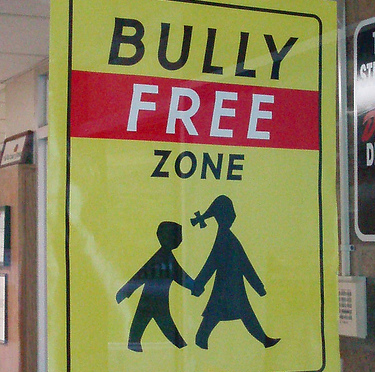
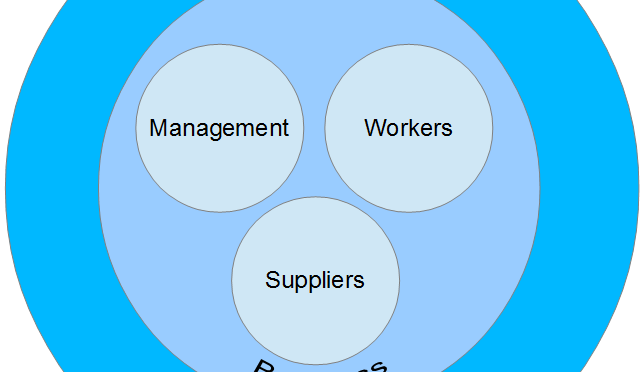

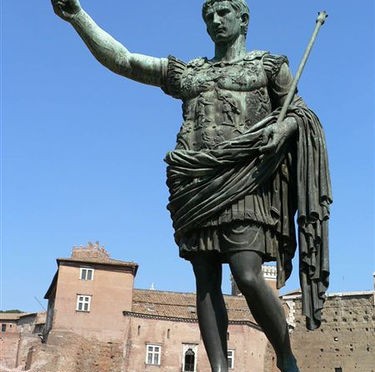

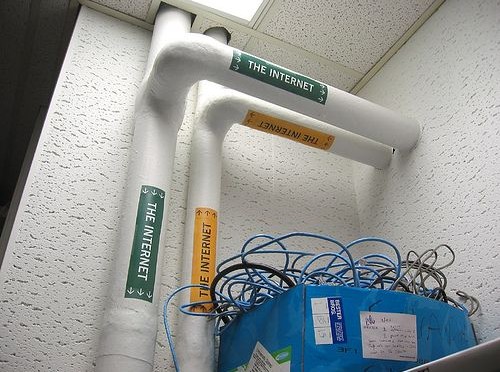
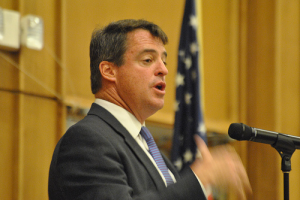



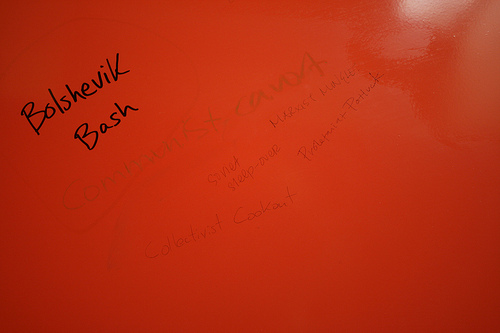
![Protesting: It's just un-American. A message from the Ministry of Homeland Security. Photo Credit: Flickr user Lost in Transit [Keep St Joe Weird]](http://www.framology.org/wp-content/uploads/2014/04/UnAmerican.png)
